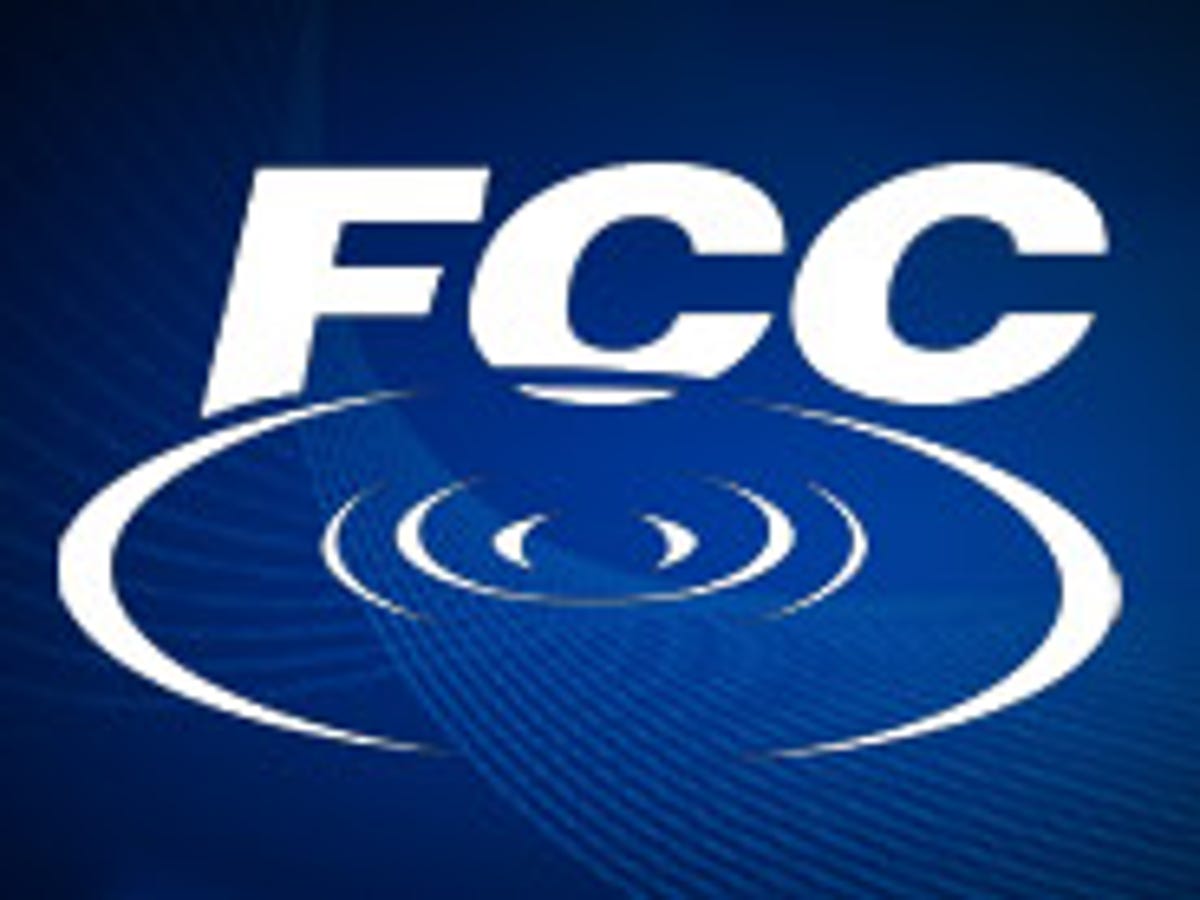A new survey from the Federal Communications Commission notes that while 91 percent of U.S. broadband consumers are satisfied with their service, 80 percent of them don’t know what speed broadband connection they’re paying for.
The survey of more than 3,000 adults conducted this spring asked consumers if they knew what the advertised speed of the broadband service they were signed up for was supposed to be. Four out of five said they didn’t know. About 24 percent said they thought they were likely getting the speed they were supposed to get. And 57 percent of respondents said they believed they should get the broadband speeds that providers had advertised.

FCC officials said that these results are a clear indication that consumers are confused and not well-informed about the service offerings available to them. This situation exists even though broadband providers tout higher-speed connections in their advertising and ask consumers to pay more for faster service.
“People need to know what the broadband speed of a service is and what that means,” said Joel Gurin, who heads the FCC’s Consumer and Governmental Affairs Bureau. “It’s like miles per gallon on cars. If no one knew what it was or what it meant, then it wouldn’t be relevant to consumers as they comparison shop. The same is true in broadband.”
The survey is part of the agency’s overall plan to implement the National Broadband Plan, a 10-year blueprint for policy makers and legislators on how to get broadband access to every American.
To know what steps to take next, the agency is trying to get a handle on the state of the current market. In the National Broadband Plan, the FCC cited results from a ComScore survey conducted earlier this year, which indicated that most broadband subscribers were getting speeds that were half of what service providers had advertised. The FCC launched a test tool on its website that allows people to measure their broadband speeds.
In an effort to get a more scientifically accurate view of how fast American broadband services really are, the FCC is asking for 10,000 volunteers to participate in a study to measure home broadband speed in the U.S. The FCC will provide specialized hardware that will be installed in the homes of volunteers that will measure the performance of the broadband connection. The FCC said volunteers can sign up here.
The FCC will choose volunteers who subscribe to a wide range of broadband offerings. It will choose people with DSL and cable connections from the lowest tier of service to the highest. And it plans to also include some fixed wireless customers in the results. It won’t be able to address every state, but the hope is that the study will get a sampling from the four major geographic areas of the country.
The FCC said SamKnows, which studied Internet connections in the United Kingdom, will work on the research.
The FCC is also asking for public comment on how to test wireless broadband speeds. The recent survey indicated that about 71 percent of wireless broadband customers said they were at least somewhat satisfied with the speed of their service.
The agency plans to summarize its findings later this year.



